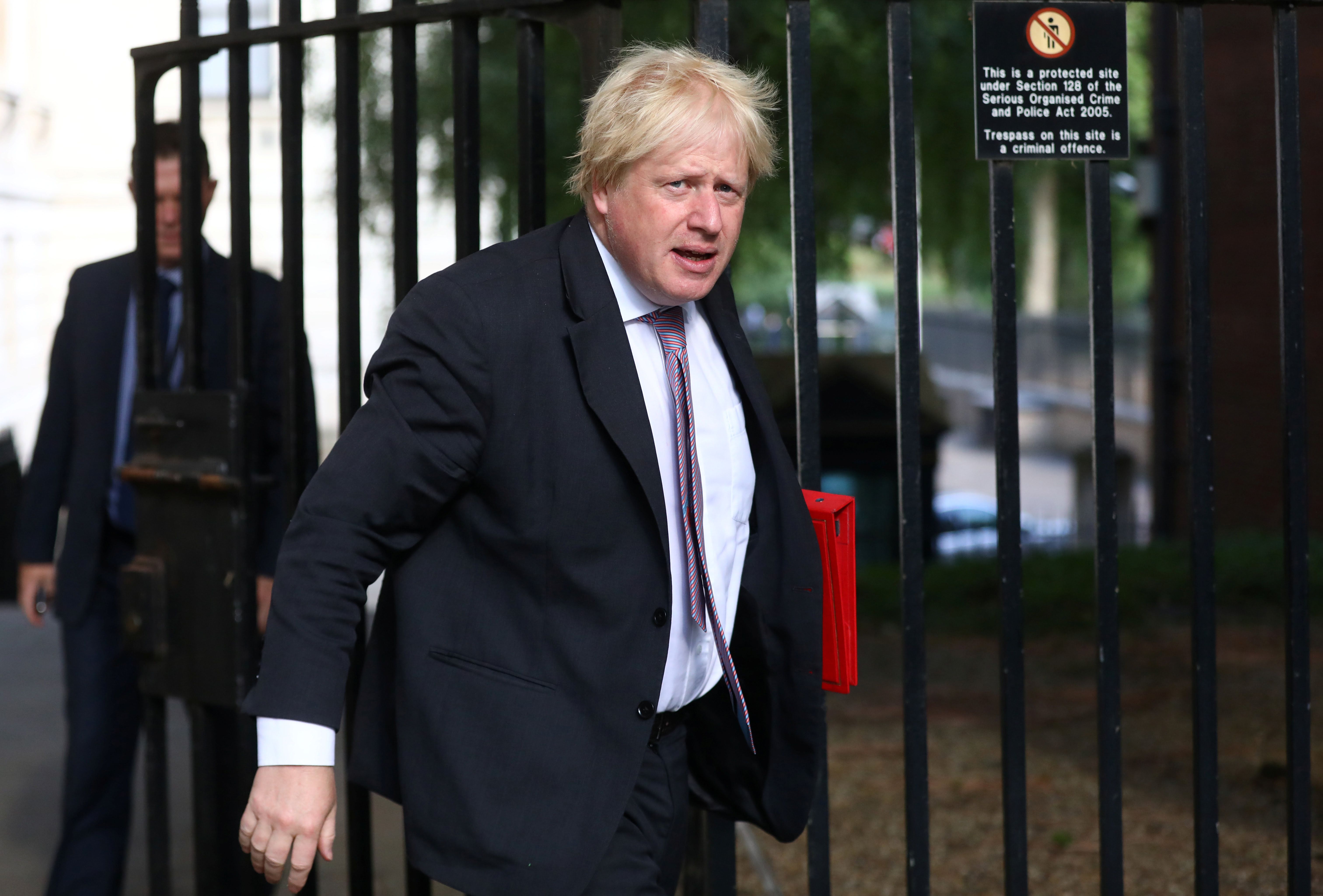July 10, 2018
It took just 24 hours for two key members of British Prime Minister Theresa May’s cabinet to call it quits. But as Gabe is here to explain, the resignations of Brexit Secretary David Davis, the UK’s head Brexit negotiator, and Foreign Secretary Boris Johnson, have forced an important confrontation over the UK’s future that’s been years in the making.
How we got here. Last week, Prime Minister May took a decisive step—securing the approval of her preferred Brexit plan, which aims to maintain fairly close trading relations with the EU (at least when it comes to goods), at an emergency cabinet summit. Davis and Johnson, who view the plan as a direct repudiation of their preferred hardline Brexit policy, tenured their resignations in short order.
What comes next? Disgruntled members of May’s Tory Party will likely present a motion of no confidence against her government in parliament sometime in the coming days. The real test is whether these rebels can amass the 159 votes needed to pass such a motion and topple the prime minister.
Path one: If the vote fails, May will have succeeded in fending off the hardliners within her own party and be well positioned to deliver her preferred Brexit policy. Rebellious Tories would then be forced to either accept May’s position or risk forming an unnatural alliance with pro-Brexit members of the opposition Labor Party.
Path two: If the motion succeeds, it would trigger an internal race within the Tory Party to succeed May that could last for months. Any successor to May would almost certainly support a Brexit policy that places the UK much further from the EU than May would like—raising serious questions about the country’s economic future.
Why it matters: The coming days represent a fork in the road for Prime Minister Theresa May—one that will determine the future of both Brexit and Britain. By the end of the week, we will have a much clearer picture of where all three are heading.
More For You
- YouTube
While Gaza and Ukraine dominate headlines, dozens of other conflicts—from Haiti to Myanmar to the Congo—get far less global attention. International Crisis Group’s Comfort Ero joins Ian Bremmer on GZERO World.
Most Popular
US President Donald Trump arrives to announce reciprocal tariffs against US trading partners in the Rose Garden of the White House in Washington, DC, USA, on April 2, 2025.
POOL via CNP/INSTARimages.com
From civil conflicts to trade wars to the rise of new technologies, GZERO runs through the stories that have shaped this year in geopolitics.
Ukrainian serviceman walks near apartment buildings damaged by Russian military strike, amid Russia's attack on Ukraine, in the frontline town of Kostiantynivka in Donetsk region, Ukraine December 20, 2025.
Oleg Petrasiuk/Press Service of the 24th King Danylo Separate Mechanized Brigade of the Ukrainian Armed Forces/Handout via REUTERS
Ukrainian intelligence services assassinated a senior Russian general on the streets of Moscow on Monday, detonating a bomb strapped to his car.
French President Emmanuel Macron arrives at the July 14, 2025 military parade on the Champs-Elysees in Paris. - 14/07/2025 - France / Ile-de-France (region) / Paris
Julien Mattia / Le Pictorium.
1: French President Emmanuel Macron announced plans to build France’s first aircraft carrier in decades, as Europe accelerates rearmament.
© 2025 GZERO Media. All Rights Reserved | A Eurasia Group media company.
